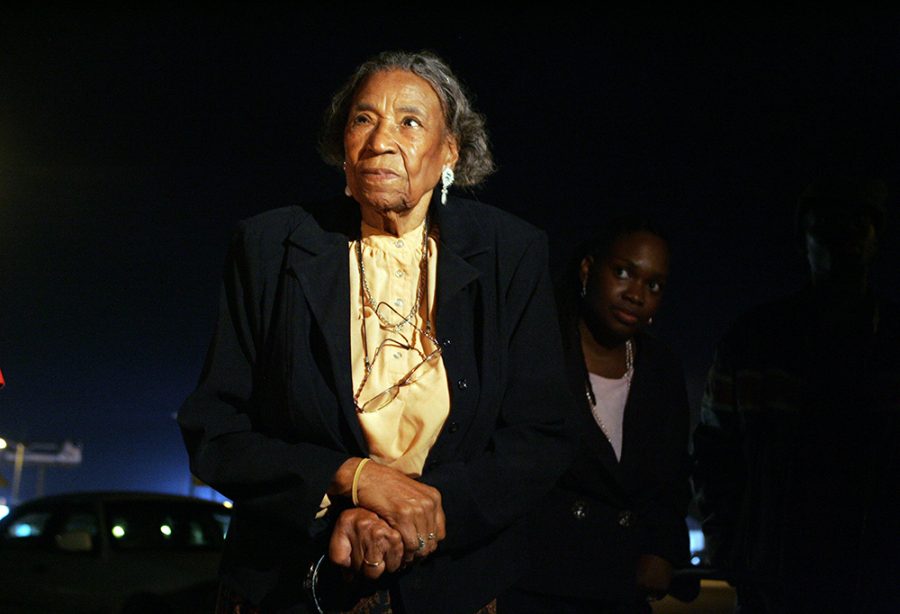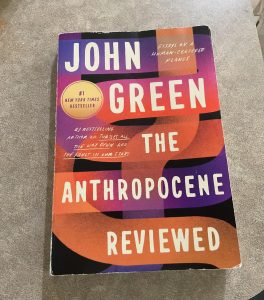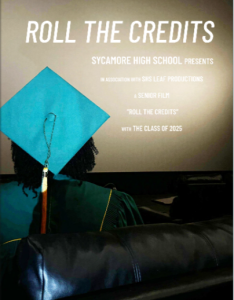Amelia Boynton
Boynton was married three times to Bill Boynton, Bob W. Billups, and James Robinson. Boynton had two children, Bill Jr. Boynton and Bruce Carver Boynton, with her first husband. Having lived almost 104 years, Boynton died on Aug. 26, 2015.
February 3, 2017
The civil rights matriarch was born in 1911 into a segregated south. Amelia Boynton Robinson was a key figure in the civil rights movement. Boynton teamed with Martin Luther King Jr. to create change.
“I was brought up by people who loved others. I love people. We had no animosity. We had no feeling that we hate anyone,” said Boynton in “Bridge to Jordan.”
Educated at Georgia State College, Tuskegee Institute in Alabama, Tennessee State University, Virginia State University, and Temple University. She worked as a teacher before working as a home demonstration agent for the U.S. Department of Agriculture.
Boynton is also an author of both “Bridge Across Jordan” and “Tuskegee.”
Early into her activist career she ran as a Democrat for a seat in Congress of Alabama. She became not only the first African American woman as a Democratic candidate in Alabama but the first woman to run as well and win.
With the Southern Christian Leadership Conference, she asked King to join, he did and together they planned a protest known as Bloody Sunday.
The march was planned for March 7, 1965 however it was cut short by policemen using tear gas and billy clubs. Boynton, who was beaten unconscious, was one of 17 sent to the hospital. A newspaper garnered attention from a photo of Boynton lying bloody on the ground.
Bloody Sunday and the new coverage prompted President Lyndon B. Johnson to sign the Voting Rights Act of 1965 with Boynton as an esteemed guest.
Years after the Act, Boynton was awarded the Martin Luther King Jr. Award of Freedom. She continued to tour the US with the Schiller Institute to defend humanity’s rights. In “Selma,” a 2014 film, Lorraine Toussaint portrayed Boynton. One year later, President Barack Obama honored Boynton as a special guest during State of Union address.
“For most of her 104 years, Amelia committed herself to a simple, American principle: that everybody deserves the right to vote,” said Obama.
On the 50th anniversary of the Bloody Sunday march, Obama held hands with Boynton as they walked across the Edmund Pettus Bridge, where the police had stopped the protesters on their way to Montgomery, Alabama. Boynton was 103 at the time.
“Only until all human beings begin to recognize themselves as human beings will prejudice be gone forever. People ask me what race I am, but there is no such thing as race. I just answer: ‘I’m a member of the human race,’” said Boynton.
For more information on Boynton click here.
“Only until all human beings begin to recognize themselves as human beings will prejudice be gone forever. People ask me what race I am, but there is no such thing as race. I just answer: “I’m a member of the human race.”
― Amelia Boynton Robinson







